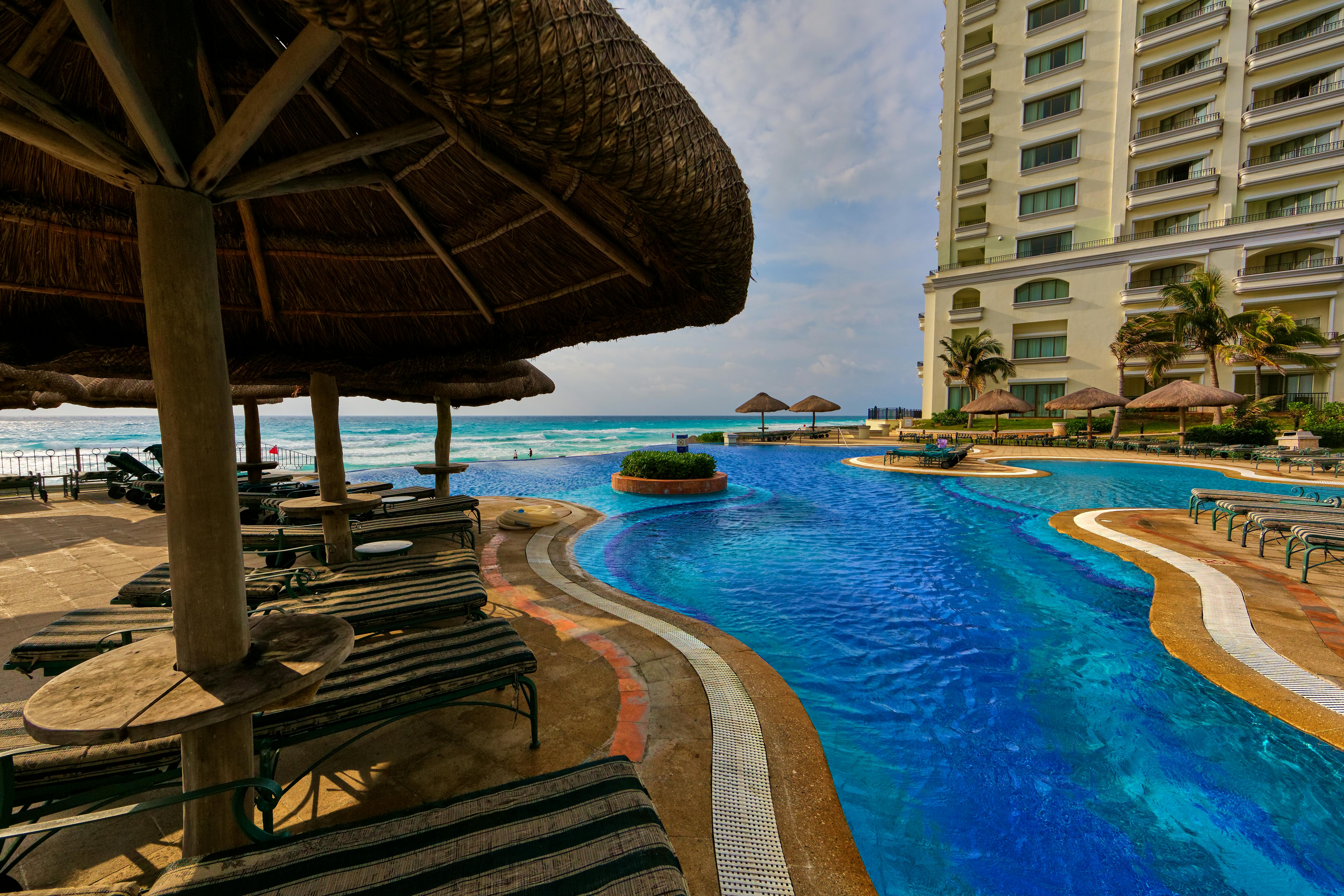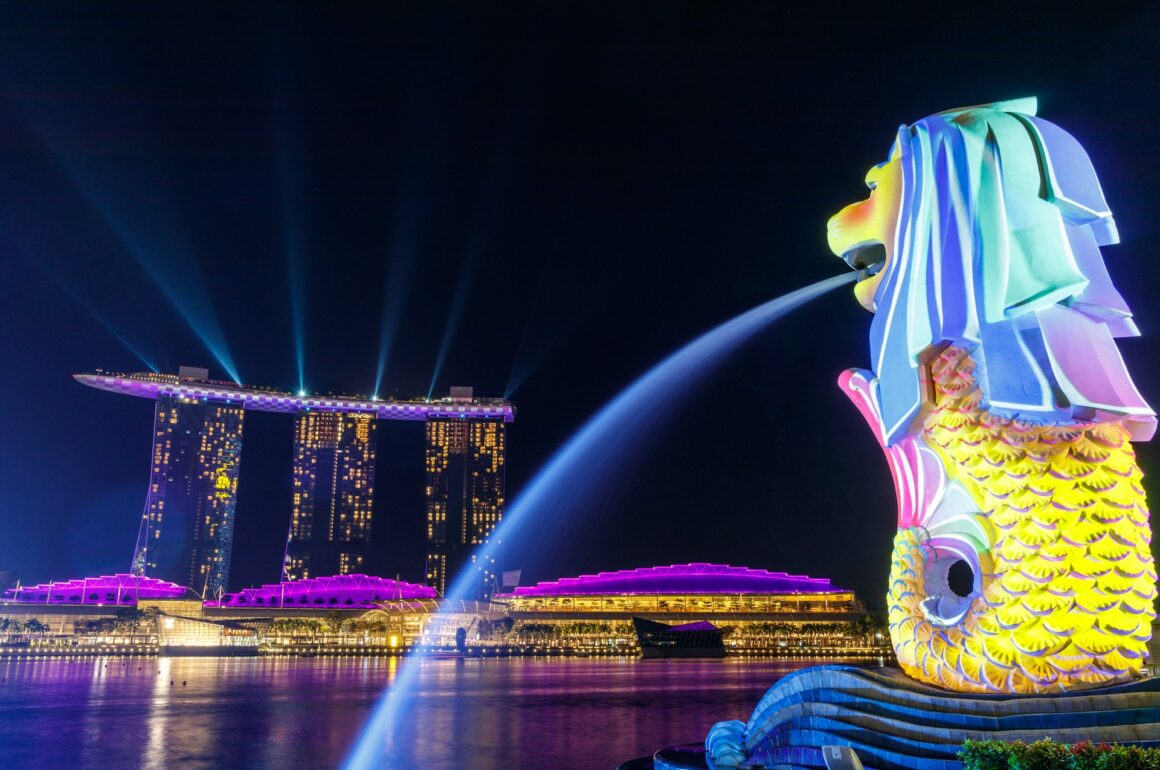What Makes a Hotel Truly 7-Star? Beyond Luxury to Unparalleled Excellence
When it comes to luxury travel, the term “7-star hotel” is often used to describe accommodations that go far beyond the traditional five-star rating system. While there’s no official global classification for a 7-star hotel , these properties are distinguished by their exclusive amenities , world-class service , and an unwavering commitment to exceeding guest expectations at every turn.
In this blog, we’ll explore what truly defines a 7-star hotel , from opulent design and personalized experiences to cutting-edge technology and elite hospitality standards.
The Concept of a 7-Star Hotel
The phrase “7-star hotel” was originally coined by journalists to describe ultra-luxurious properties like Burj Al Arab in Dubai , which offered services and facilities so extravagant they seemed to transcend the standard five-star scale.
Unlike government-regulated systems, the 7-star designation isn’t certified — it’s more of a symbolic recognition of hotels that redefine luxury hotel features and deliver an unmatched guest experience.
Key Features That Define a 7-Star Hotel
1. Unmatched Architecture & Interior Design
A 7-star hotel makes a bold first impression with its stunning architecture and lavish interiors. Think gold-plated fixtures, handcrafted furnishings, designer lighting, and sprawling lobbies that evoke a sense of grandeur.
- Example: The Atlantis The Palm (Dubai) and Four Seasons Hotel George V (Paris) showcase architectural brilliance combined with artistic interior design.
2. World-Class Service – Personalized to Perfection
Service in a 7-star hotel goes beyond polite staff and room service. It means personal butlers , 24/7 concierge access , anticipatory service, and multilingual staff trained to cater to even the most niche requests.
- Whether it's arranging a private yacht charter or preparing a custom in-room dining experience, nothing is too much for a 7-star team.
3. Exclusive Amenities & Experiences
From private infinity pools and helicopter transfers to Michelin-starred dining and spa retreats, exclusive amenities set 7-star hotels apart.
- These properties offer rare and unforgettable experiences such as:
- Private shopping sessions
- Helicopter tours
- In-villa chefs
- Bespoke wellness programs
4. Luxury Accommodations – More Like Private Residences
Rooms and suites in a 7-star hotel are expansive, meticulously designed, and equipped with state-of-the-art technology. Expect:
- Floor-to-ceiling views
- Smart climate control
- High-end bedding and bath products
- Custom-designed furniture
Some suites even include private spas, gyms, and living rooms , offering the comfort of home with the grandeur of a palace.
5. Culinary Excellence
Dining in a 7-star hotel is an event in itself. With celebrity chefs , award-winning restaurants , and exclusive wine cellars , guests enjoy a culinary journey tailored to their tastes.
- Many properties also offer in-room chef services , rooftop dining , and private dinner setups on terraces or beaches.
Examples of Hotels Often Referred to as 7-Star
While no hotel officially claims the 7-star title, several are frequently labeled as such due to their extraordinary offerings:
- Burj Al Arab Jumeirah (Dubai)
- Mandarin Oriental, Bangkok
- The Plaza Hotel (New York)
- Hotel Burj Al Arab (Dubai)
- Ritz Paris (France)
These hotels consistently deliver world-class service , exclusive amenities , and a level of sophistication that sets them apart from even the finest five-star establishments.
The Future of 7-Star Hospitality
As luxury evolves, so do the expectations of high-net-worth travelers. Today’s 7-star hotels are integrating sustainable practices , AI-driven personalization , and hyper-exclusive experiences to maintain their elite status.
Whether it’s through biometric check-ins , zero-emission transportation , or bespoke cultural immersion , the future of 7-star hospitality lies in seamless innovation and deeper emotional engagement with guests.
Final Thoughts: What Truly Makes a 7-Star Hotel?
Ultimately, a 7-star hotel isn’t defined solely by price or size, but by its ability to create moments of wonder, exclusivity, and perfection. It’s where luxury hotel features meet world-class service , and every detail is curated to exceed expectations.
If you’re seeking the pinnacle of hospitality — where indulgence meets elegance and service becomes art — then a stay at a 7-star hotel may be just the experience you're looking for.





